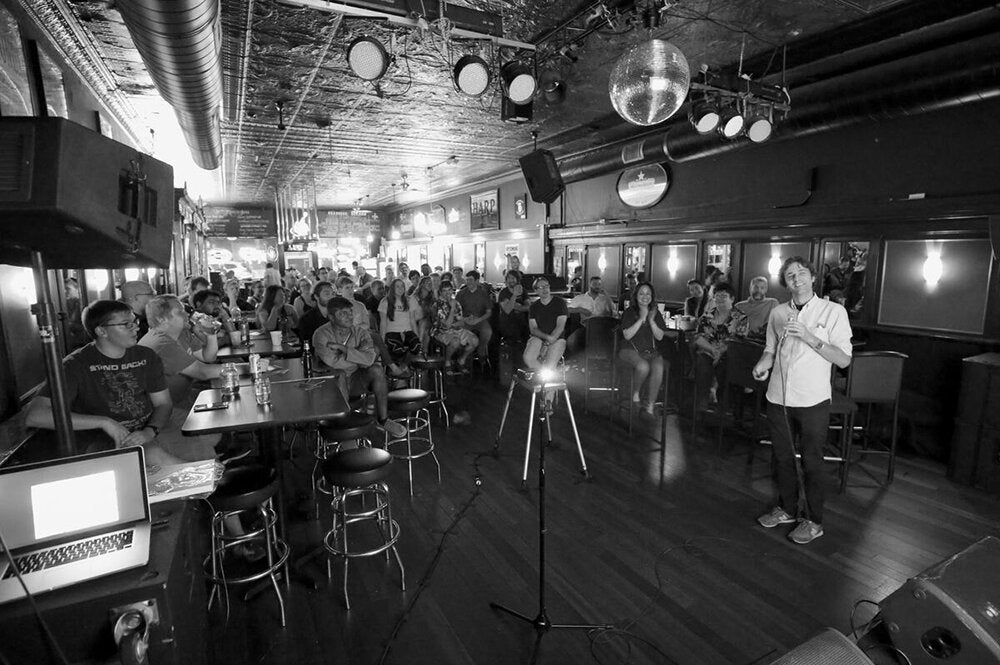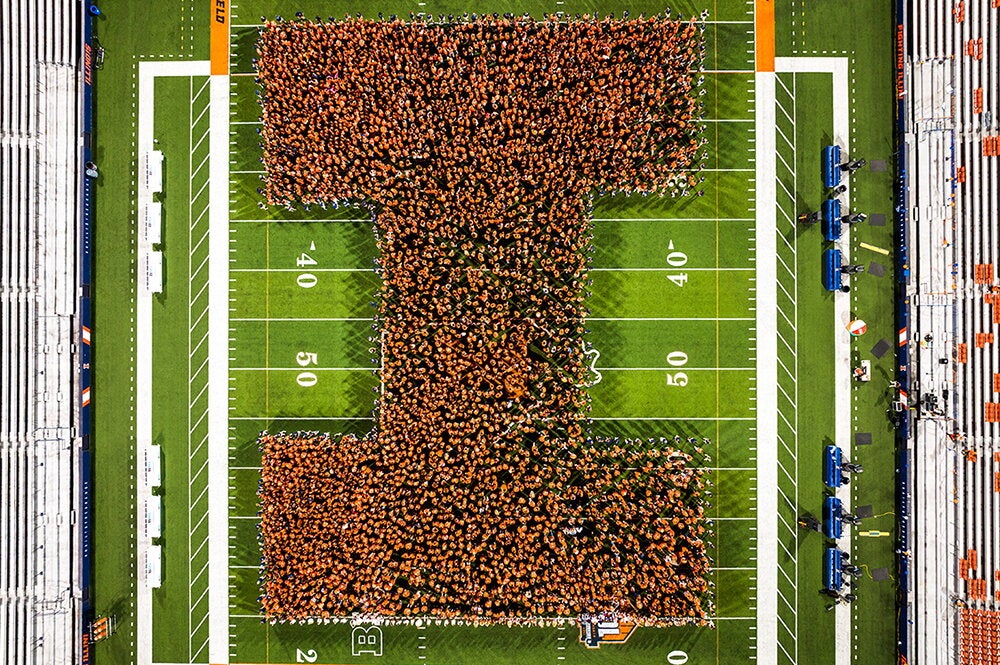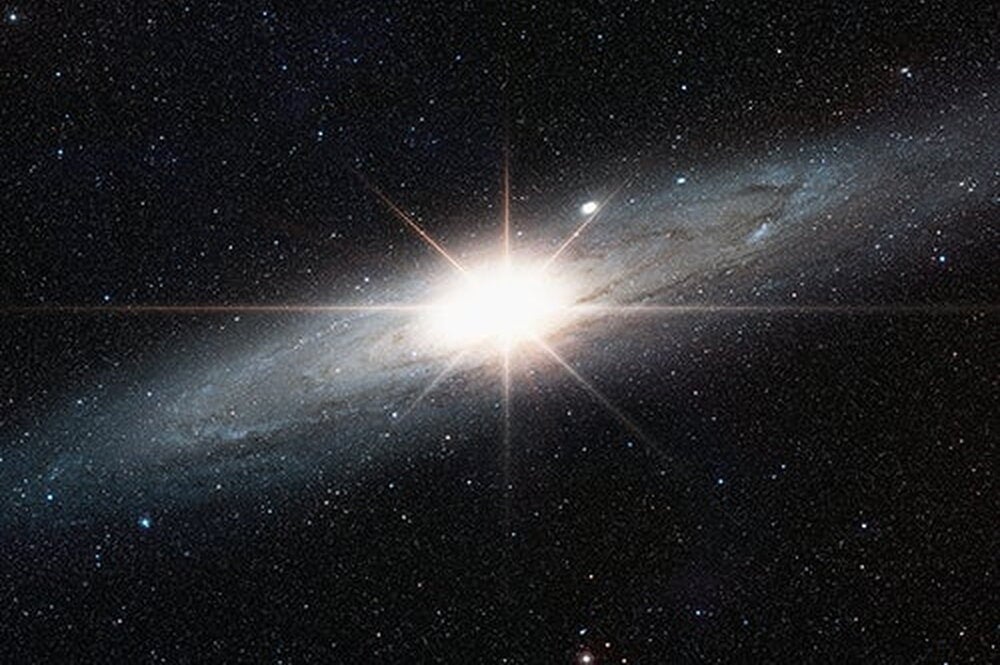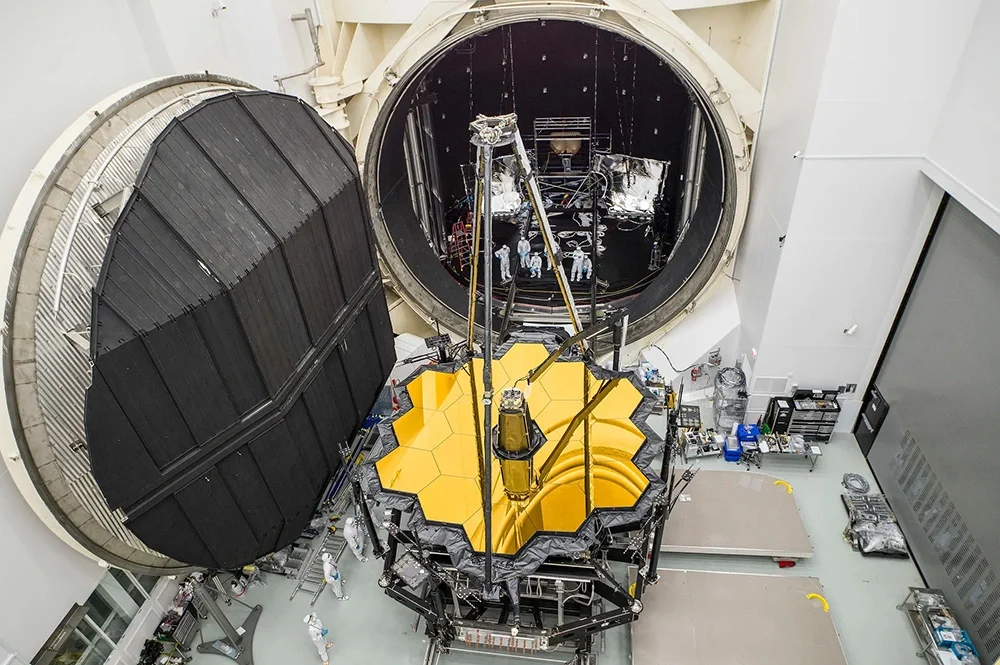
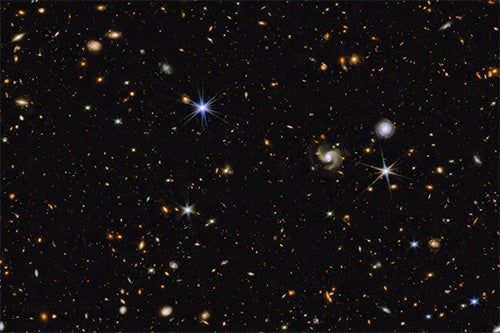
Launched in 2021, the $10 billion James Webb Space Telescope (JWST) extends our view into space more than ever before. Astronomy professor Yue Shen is principal investigator on a recently selected research project called the North ecliptic pole EXtragalactic Unified Survey (NEXUS) that will use JWST to conduct one of the most ambitious surveys of deep space that astronomers have ever conducted.
“With the NEXUS project, we will use the most powerful space telescope ever built to uncover the biggest mysteries of the universe,” Shen said. “For example, the formation of the first generation of galaxies and supermassive black holes in the infant universe, as well as energetic stellar and black hole explosions in the distant universe.”
Each year NASA solicits and selects proposals from researchers around the globe who want to use JWST to observe a diverse range of astronomical phenomena. This is a highly competitive process, as the amount of time requested far exceeds the amount of time that JWST is available. Shen described the selection of their program as one of the most joyous moments in his career.
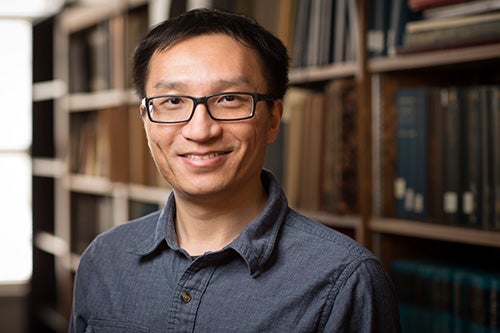
“Throughout the next few years, we will use the James Webb Space Telescope to conduct deep observations of the distant universe,” Shen said. “This is among the largest time allocations from the JWST to a single program, and we are all very excited that the scientific community recognizes the merits of our JWST program.”
The project will be collecting new JWST data every few months through 2028, though the detailed investigations on these data will last well into the 2030s. The JWST observations will also be paired with observations from other telescopes, either from the ground or from space, to elevate the legacy value of these JWST data.
Shen and his research team at Illinois will lead the effort with collaborators from around the country. U of I postdoctoral researchers Mingyang Zhuang and Junyao Li, in particular, are playing instrumental roles in the development of the project. In addition, there are co-investigators on the team who are integral to the success of the project.
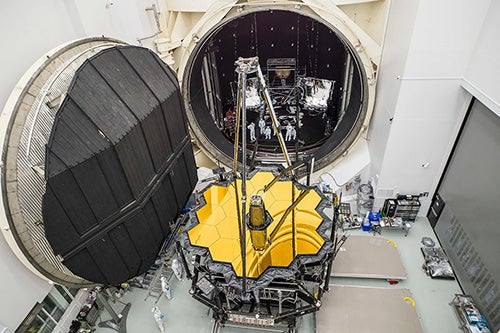
“The NEXUS team includes world-leading experts on various science topics that these JWST data will address, from the evolution of galaxies and supermassive black holes to violent stellar deaths in supernovae, to the coldest stars in the Milky Way galaxy,” Shen said. “We are all very excited that a vast array of scientific questions can be addressed using a shared data set that NEXUS will provide.”
Shen said that all of the JWST data will be made immediately available to the public to enable rapid community engagement and investigation. With the commitment of swift public data releases from the NEXUS team, they hope that the entire astronomical community will benefit from the project in a timely fashion.
“It's our responsibility to make the best use of these data and make the entire community also excited about the discoveries that we're going to make together,” Shen said. “The data and the science are really for the entire community.”
